Prof. (Mrs.) Victoria Kikelomo Olugbemi has called for a complete departure from Eurocentric political systems in Nigeria, urging African leaders to embrace indigenous governance frameworks rooted in precolonial traditions, gender equity, and cultural values as the foundation for national stability and sustainable development.
Olugbemi, a Professor of Socio-Cultural History and Gender Studies, made the call on Tuesday, May 27, 2025, while delivering the 40th Inaugural Lecture of Adekunle Ajasin University, Akungba Akoko, Ondo State, Nigeria.
She stated, “African civilization remains the most enduring in history. Therefore, African leaders should shift away from modeling their political systems after European structures and instead adopt indigenous frameworks to accelerate local and regional development.”
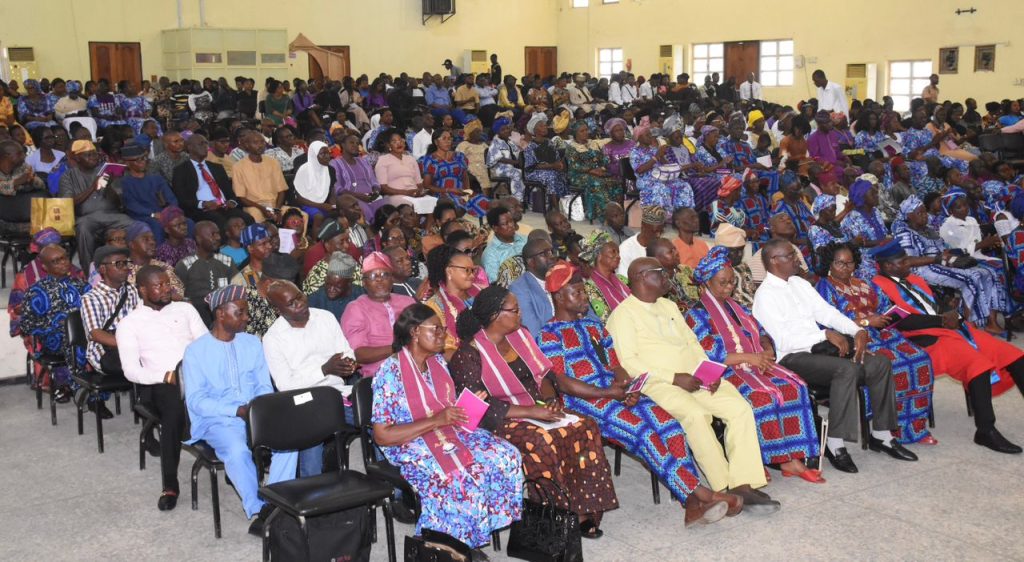
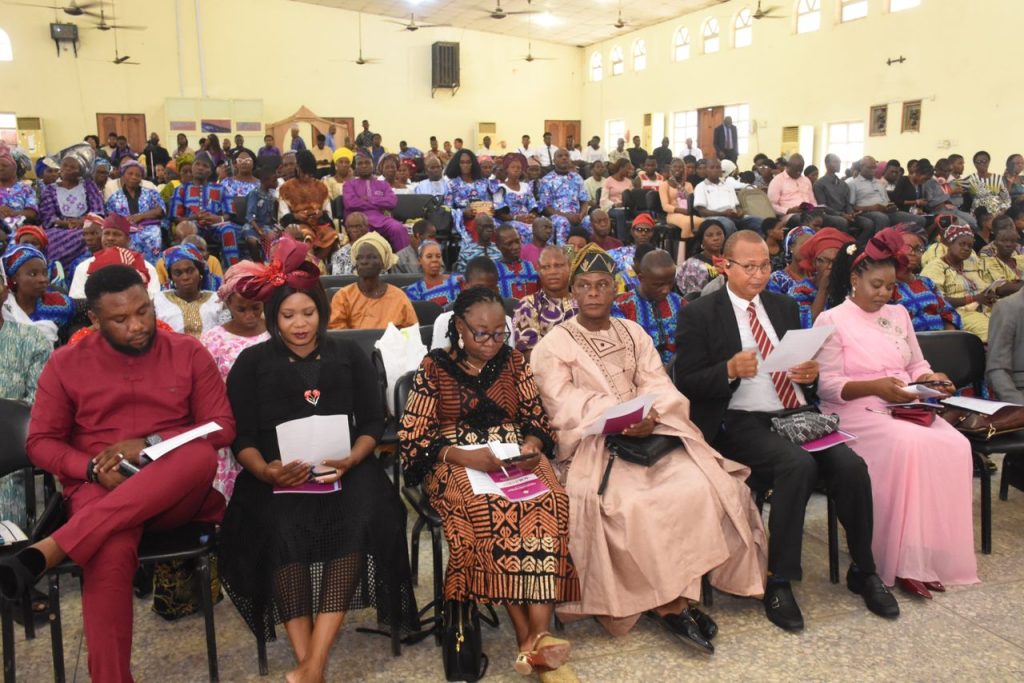
Prof. Olugbemi urged the National Assembly to stop looking outside Nigeria and Africa for political models, arguing that traditional African systems—with their inbuilt checks and balances prior to the advent of the two Abrahamic religions—could serve as a viable foundation for a stable and prosperous Nigeria.
She emphasized the sanctity of traditional leadership, asserting that “traditional rulers, as descendants of royal bloodlines, should be seen as divine representatives.” According to her, their selection and installation must adhere strictly to precolonial customs and traditions, not modern government protocols.
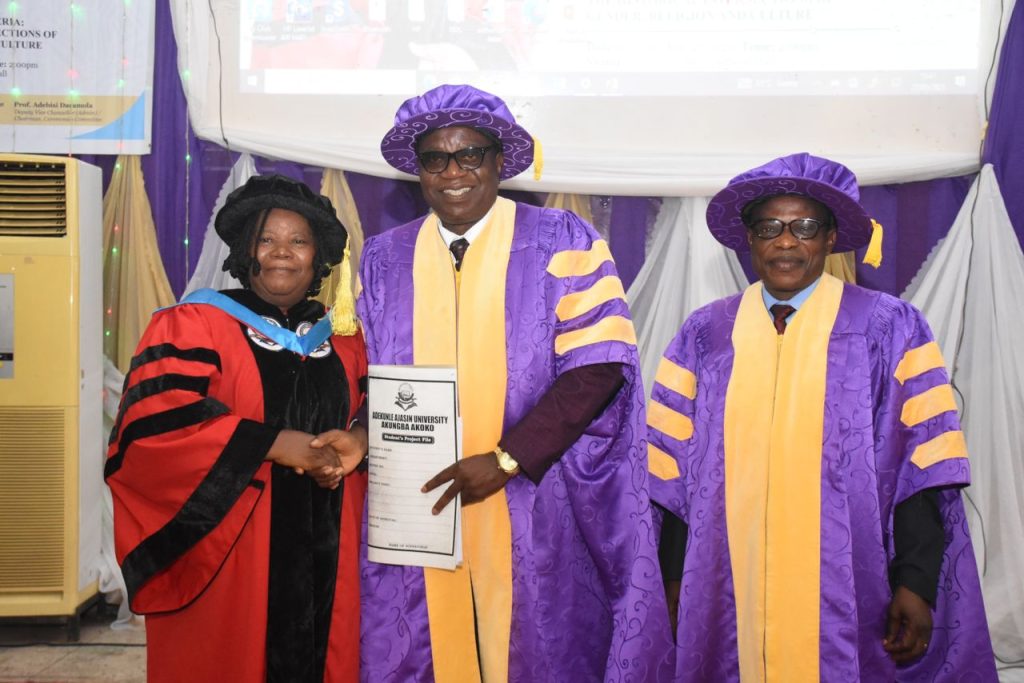
“The monarchs were ordained by God and must never be treated as political appointees,” she maintained, adding that “traditional institutions have their own internal mechanisms of checks and balances” to address misconduct—mechanisms she argued are preferable to those of transient modern governance structures.
On gender and national development, Prof. Olugbemi declared that a nation’s strength lies in achieving gender balance. She stressed that both men and women must have equal opportunities to shape and sustain national progress. Societies, she said, must move beyond the limitations of patriarchy and authoritarianism and recognize gender, religion, and culture as potential forces of liberation and pillars for rebuilding a stable Nigeria.
“Gender, religion, and culture are pivotal to the fortunes of any nation,” she said. “They determine the survival or collapse of empires. Leaders, institutions, and the media must frame these issues with careful consideration to avoid triggering instability.”
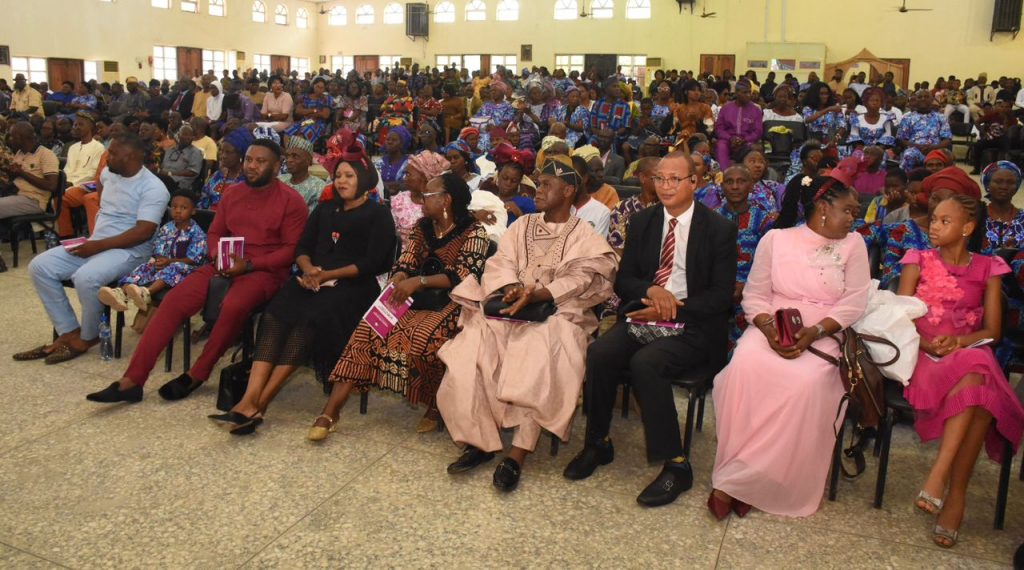
She also emphasized that inclusive and quality education for both males and females is a foundational pillar of national development. “Education nurtures political stability through mutual respect and collaboration,” she noted.
To achieve this, she urged all tiers of government to increase budgetary allocations for education in response to the growing student population, shortage of teaching personnel, lack of instructional materials, and inadequate infrastructure.
Criticizing the government’s favoritism toward private institutions, Prof. Olugbemi said, “Approving more private universities while neglecting public ones contradicts the government’s own Education for All (EFA) mandate.”
She further advocated a curriculum overhaul to foster civic consciousness and patriotism. “Training students in national history and civic responsibilities will promote an egalitarian society and strengthen the foundations of nation-building,” she said.
Prof. Olugbemi also called for urgent attention to the plight of out-of-school children, stating that integrating them into adult education systems could help alleviate hunger and poverty, while advancing Nigeria’s progress toward the Sustainable Development Goals (SDGs), particularly gender equality and lifelong learning.
In his opening remarks, the Vice Chancellor, Prof. Olugbenga Ige, praised the Inaugural Lecturer for her dedication to scholarship, gender advocacy, and service to humanity.
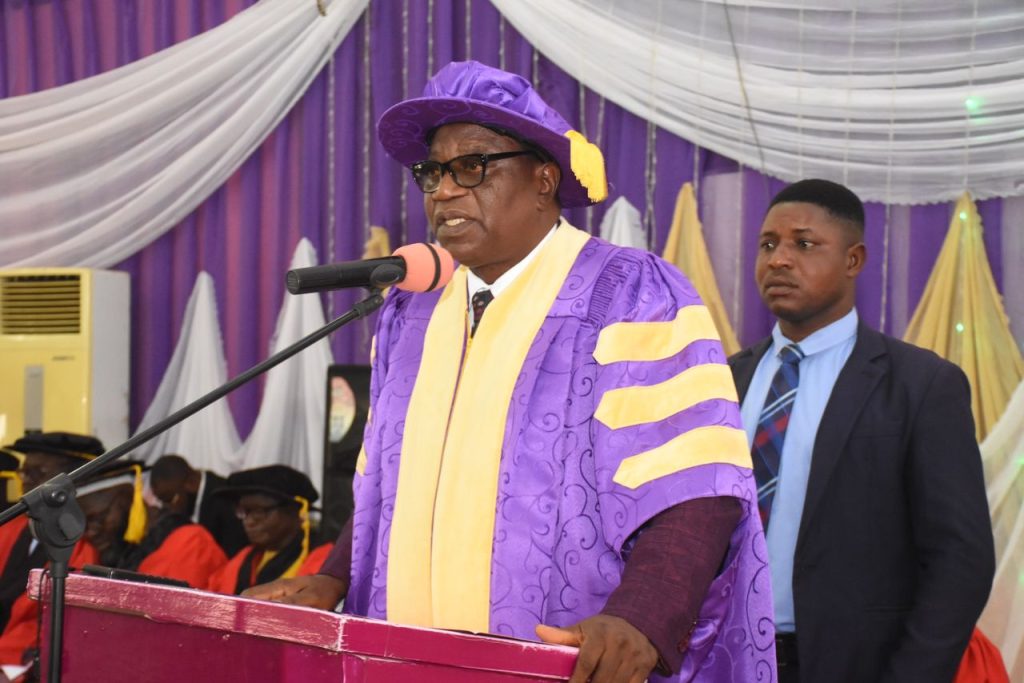
“I express my sincere appreciation to Professor Kikelomo Victoria Olugbemi for her tireless commitment to academic excellence, the advancement of knowledge, and the uplift


